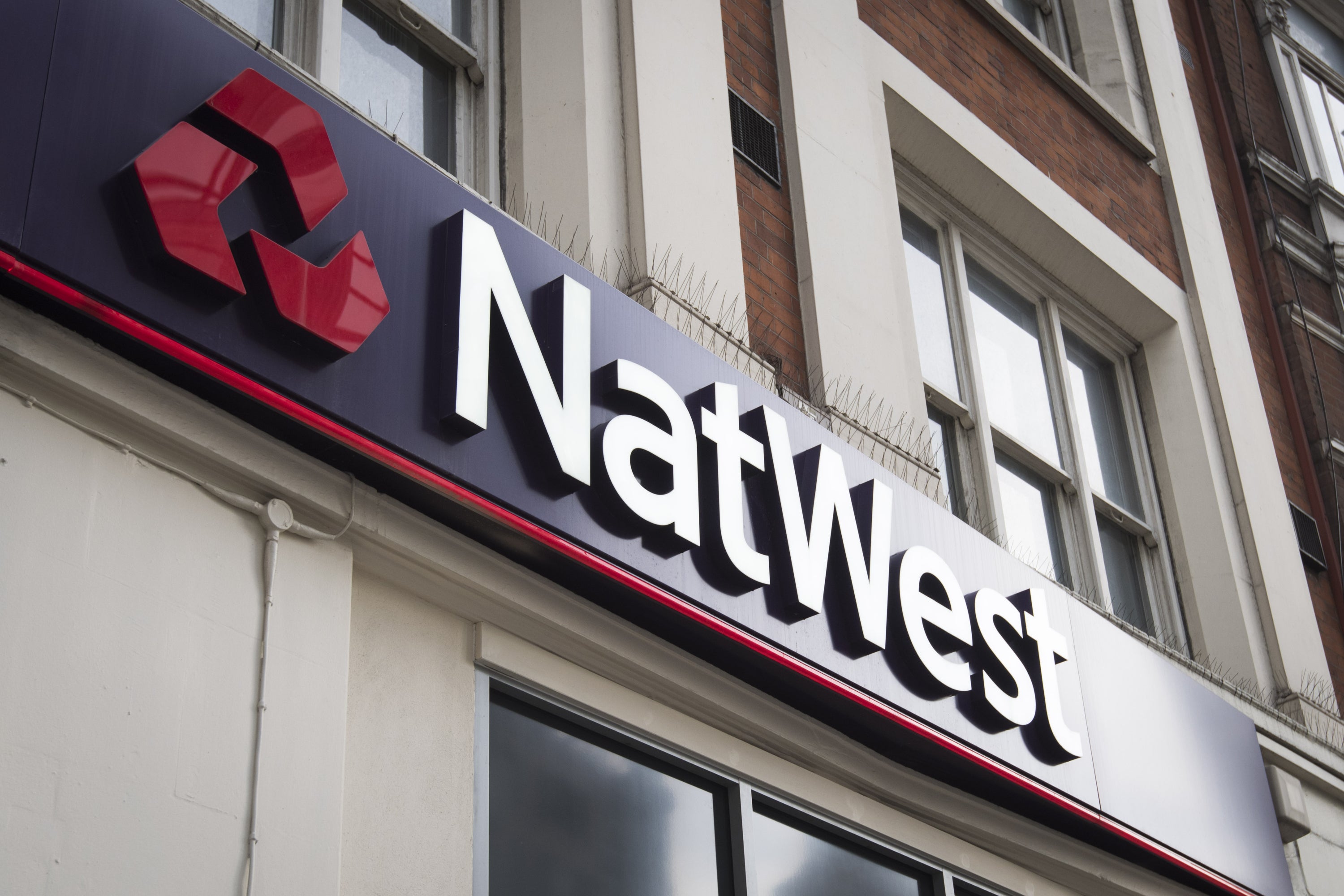Mapped: All the areas which are losing high street banks
Major banks including Barclays, NatWest and Lloyds, have closed or announced closures of 388 branches in places where there are no alternatives nearby

Almost 400 towns across the UK have been told their last local bank is closing in the past two years, new research has revealed.
There are fears many areas of the country are turning into “banking deserts” following branch closures, the Labour Party has warned.
Since the beginning of 2022, major banks including Barclays, NatWest and Lloyds, have closed or announced closures of 388 branches in places where there are no alternatives nearby.
The decline in services means people in towns such as Westhoughton in Bolton, Chapeltown in Sheffield and Todmorden in Calderdale are entirely without in-person banking services close to their home.
The Independent has put together this map below showing the local authority areas where the last bank has closed in the area since 2022. Areas in red show the local authorities where banks have closed.
Labour also found that 55 towns across the UK were left bankless this Easter, despite being promised a “banking hub” more than six months ago as part of the Conservative Government’s voluntary arrangement with the banks.
Readers can also search their town or postcode in the table below to find out if the last bank in their area closed or will close in the near future.
At the end of last year, the Labour Party pledged to empower the Financial Conduct Authority to accelerate the rollout of banking hubs and stop people being left in ‘banking deserts’ by guaranteeing communities access to face-to-face banking services.
The government has previously pledged to introduce banking hubs, but so far only 40 have been opened.
Banking hubs, which are run by the Post Office, have an in-person service where customers of all main banks can withdraw and deposit cash, make bill payments, and conduct regular banking transactions.
Nearly 100 hubs will be opened by the end of the year, but Labour said they plan to open at least 350.
Tulip Siddiq MP, Labour’s Shadow City Minister, said: “The Government’s failure to roll-out banking hubs has left Britain’s high streets in decline and cut off hundreds of thousands of people and small businesses from the services they need.
“Almost 6,000 bank branches have closed their doors since 2015, but under the Conservatives just 40 banking hubs are operational, despite many towns being promised new banking services months ago.
“Labour’s plan will bring banking services back to communities who have seen them disappear over recent years, meaning more people and small businesses across the country will be able to access the services they need closer to home.
“Labour will tackle ghost high streets and ensure that every community has access to high street banking services.”
Caroline Abrahams, Charity Director at Age UK said: “The days of every bank having its own High Street presence are over, but shared banking hubs can be an adequate replacement - provided they are rolled out with sufficient speed.
“With so many older people not banking online and reliant on visiting a face to face setting for at least some kinds of transaction, we think there should be many more shared hubs, and that they should be up and running before the last bank in an area is permitted to close, at which point a lot of older customers are often left high and dry.”
A Treasury spokesperson said: “We know cash remains king for many, which is why we have protected access to cash in law – legislating to protect access to cash withdrawal and deposit facilities for people and businesses.
“This will support businesses to continue accepting cash by ensuring they have reasonable access to facilities to deposit their cash.”
Subscribe to Independent Premium to bookmark this article
Want to bookmark your favourite articles and stories to read or reference later? Start your Independent Premium subscription today.

Join our commenting forum
Join thought-provoking conversations, follow other Independent readers and see their replies